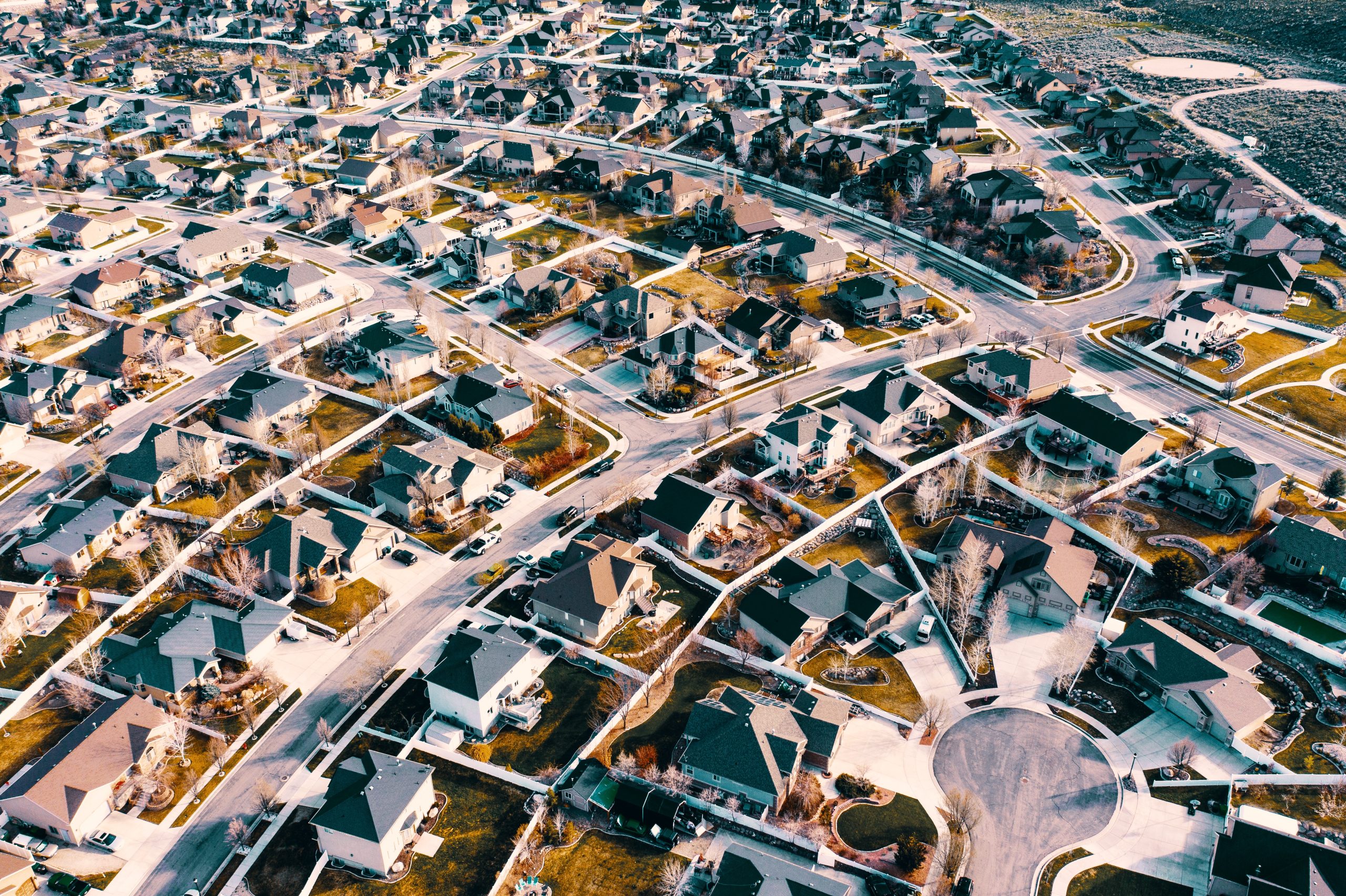In a recent First American Real House Price Index, the housing market’s rising interest rates are pushing homebuyers to purchase sooner. That means the demand for housing is high, but the number of available homes for sale is low.
These current market conditions are eerily reminiscent of the conditions that preceded the last housing market crash. And as an entrepreneur, understanding housing market predictions can be critical to the success of your venture.
If you’re thinking of buying a home or investing in real estate, paying attention to these warning signs of a potential housing market crash can help you make informed decisions about when to buy or sell.
What causes the housing market to go down?
Like the stock market, home prices are sensitive to various factors, including job security, inflation, buyer confidence, and mortgage interest rates. When any of these things change, it can cause the housing market to correct — that is, to experience a sharp rise or fall in prices.
However, it might not be as simple as that. Experts say that no one factor can cause the housing market to go down. Instead, it’s a combination of several factors that create the perfect storm for a crash.
When will the housing market crash?
While it is impossible to foresee an exact time for a housing crash, taking a look at the current market conditions can help predict when a crash is most likely to occur in the near future. Below are some of the critical things to watch for:
Home prices are rising too fast.
A real estate bubble is one of the most common precursors to a crash. A housing bubble is an abnormal rise in home prices that is not based on an increase in the underlying demand for housing. This event occurs when housing prices increase rapidly, but incomes and rents don’t keep pace. When this happens, people can no longer afford to buy homes, and demand falls sharply. This situation often leads to a domino effect, as people who can’t sell their homes at a profit are forced to default on their mortgages, leading to more foreclosures and lower prices.
Mortgage rates are increasing.
Mortgage interest rates play a significant role in the housing market’s health. When rates are low, more people can afford to buy homes. But when interest rates rise, as they have been in recent months, it can price some people out of the market and decrease demand. This condition, combined with a high number of homes on the market, can cause prices to drop.
Housing inventory is high.
An increase in the housing supply can also put downward pressure on prices. When more homes are on the market than buyers, sellers often lower their costs to attract buyers. This situation can lead to a decrease in home values.
Consumer confidence is low.
Confidence is vital when it comes to the housing market. Consumers who feel good about the economy are more likely to buy homes. But when confidence is low, as it was during the Great Recession, people are less likely to purchase or invest in real estate. This decrease in housing demand can lead to a decline in prices.
How did the housing market crash in 2008?
It’s only been a decade and a few years since the last property market crash, so it’s still fresh in everyone’s mind. In short, the 2008 crash was caused by a perfect storm of several factors coming together at once.
First, there was an increase in subprime lending, which led to more people buying homes they couldn’t afford. This situation put upward pressure on prices and created a housing bubble.
At the same time, mortgage rates were low, which made it easy for people to buy homes. But when rates started to rise, as they did in 2006 and 2007, it put more pressure on the already inflated house prices.
Then, in 2008, the stock market crashed, which led to a decrease in buyer confidence. And with unemployment on the rise, people started to default on their mortgages. This event, combined with the rising interest rates, caused demand for homes to fall sharply.
The result was a market decline that led to millions of foreclosures and billions of dollars in losses.
What happens to businesses during a housing market crash?
When the property market declines, it doesn’t just affect home price growth. It can also have a ripple effect on businesses and the economy as a whole.
One of the most immediate effects is on the construction industry. A decrease in demand for new homes leads to too few houses being built. This, in turn, leads to layoffs in the construction industry and decreased spending.

The real estate market crash can also lead to a decrease in consumer spending. When people lose their homes, they have less money to spend on other things. This decrease in spending can lead to layoffs and bankruptcies in different industries.
A market downfall can also lead to an increase in foreclosures. This can lead to problems for banks and other lenders. And if too many people default on their mortgages, it can cause a financial crisis.
Is it better to buy a house when the market crashes?
Buying a home during a recession can be risky, but it can also lead to great deals. The number of foreclosures or owners selling properties increases during recessions, leading to more houses for sale. With a saturated market, prices often drop, allowing investors to snag a property at a lower cost.
However, it’s important to remember that a recession can last for months or even years. So, if you’re considering buying a home during a recession, you need to be prepared for the possibility that prices could continue to fall or that it might take longer to sell the property if you need to move.
Nonetheless, taking advantage of a market decline is one of the basics of business startups. When almost everyone is afraid of risks and running away from them, you should take the opposite view – see these risks as opportunities. Of course, you must do your homework before taking any action. But with the proper research, you could find that a market decline is the best time to buy a property.
What can investors do to protect themselves from a housing market crash?
If you’re considering investing in real estate, you can do a few things to protect yourself from a housing market decline. Here are a few tips you must keep in mind:
Diversify your portfolio.
Don’t put all your eggs in one basket. When you diversify, you spread out your risk, which can help protect you if one particular market crashes. You could lose everything if you only invest in one area and it crashes. But if you diversify, you could still come ahead even if one industry crashes.
Do your homework.
Make sure you know what you’re doing before you invest in any property. Research the industry and the area where you’re thinking of buying. This strategy will help you understand the risks and ensure you’re not overpaying for a property.
Have a long-term strategy.
If you’re investing in real property, you should have a long-term strategy. That means you’re not trying to make a quick profit by flipping properties. Instead, you’re focused on holding onto the property for the long term and renting it out. This strategy can help protect you from market fluctuations.
Invest in technology.
As the world changes, so do the property industry. Investing in business tools like cloud storage, analytics, and inventory management software is essential. These tools can help you stay ahead of the curve and make better investment decisions.
The real estate industry is constantly changing, so staying up-to-date on the latest news and trends is essential. By following these tips, you can help protect yourself from a housing market downfall. The above basic tips are a starting point, but there’s much more to learn about investing in real estate. So, be sure to research and consult a financial advisor for investment advice before making any decisions.

